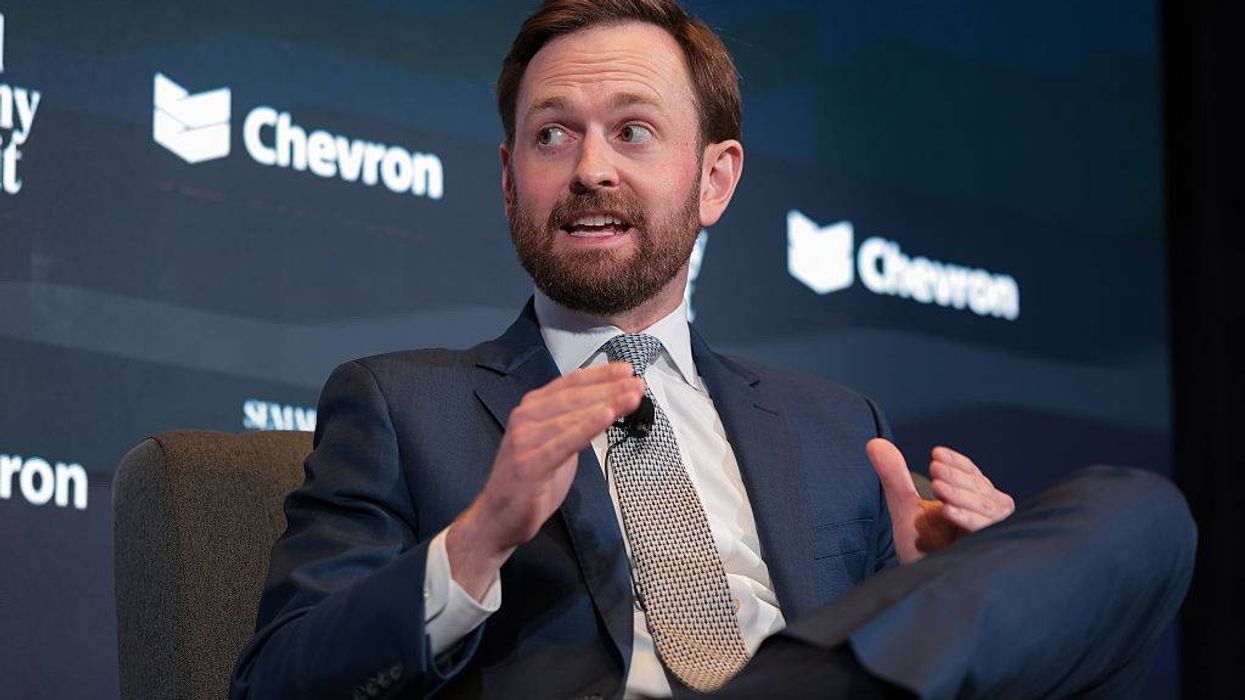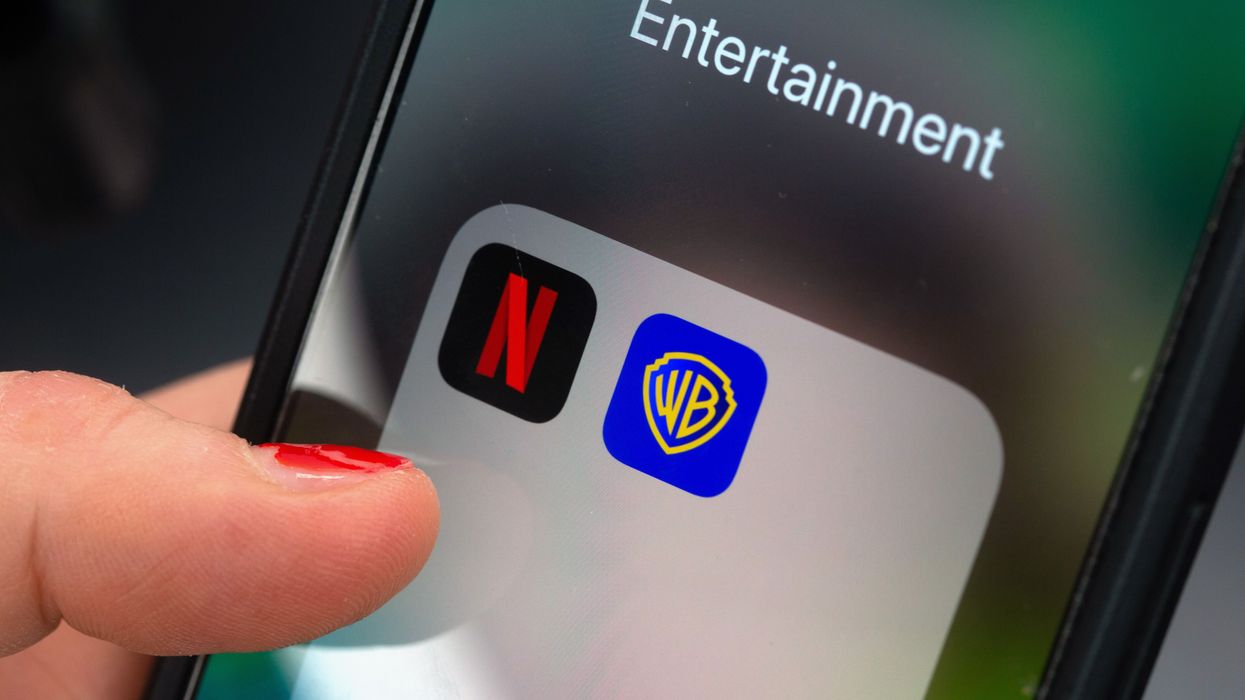'One Family Is About to Control CBS, CNN, HBO, and TikTok': Alarm Grows Over Paramount-Warner Bros. Merger
"When Democrats win back power we are going to break up these anti-democratic information conglomerates," said Sen. Chris Murphy. "All of them."
Concerns are mounting about the state of the US media landscape now that it looks increasingly likely that Paramount Skydance—a company controlled by the son of billionaire Larry Ellison, a donor to President Donald Trump—will succeed in its bid to acquire Warner Bros. Discovery.
One day after Netflix announced that it was dropping its previously accepted bid to buy Warner, many critics demanded that antitrust laws be invoked to block the Paramount-Warner merger from going through.
Alvaro Bedoya, former commissioner at the Federal Trade Commission, warned that the Ellison family could soon use their control over vast swaths of US media properties to engage in mass censorship, and he pointed to their decisions to cancel Stephen Colbert's program and to refuse to air an interview with Democratic US Senate candidate James Talarico.
"One family is about to control CBS, CNN, HBO, and TikTok," he wrote in a social media post. "They’ll buy [Warner Bros. Discovery] with $24 billion in money from the Saudis, Qatar, and Abu Dhabi. To win over Trump, they canceled Colbert... and blocked Talarico. Much more will follow. Block this rotten deal."
Craig Aaron, co-CEO of Free Press, said the proposed Paramount-Warner merger was "even worse" than the proposed Netflix-Warner merger.
"This deal endangers our democracy by giving a family of pliant billionaires even more control of vast swaths of our news coverage, TV stations, and movie studios," Aaron said. "Allowing more mergers in the already highly concentrated movie business will harm filmmakers and industry workers when Paramount delivers on its promise to make deep cuts to please its Wall Street backers."
Writing in the American Prospect, David Dayen described the Paramount-Warner merger as the "worst-case scenario" that has "echoes of media-political consolidation as we see in dictatorships the world over."
Dayen argued that state governments still had time to block the merger, but warned that they were in a race against time given that Paramount's consultants "are trying to speed run the deal in a matter of weeks."
"The states could challenge the merger even after the feds bless it," Dayen continued, "but by then, Paramount and Warner Bros. would have likely commingled their assets, engaged in layoffs, and made it very difficult to untangle the merger, particularly for judges who are inherently conservative on these matters."
Some Democratic lawmakers are warning that they aren't going to stop fighting the Paramount-Warner merger even if it goes through.
In an interview with Semafor, Sen. Ruben Gallego (R-Ariz.) predicted that the Ellisons would come to regret aggressively buying up US media properties.
"Once we take power, whoever the president is, we’re going to break up your companies," said Gallego. "So all the investment you did to create these mergers are going to be for naught. Your investors are going to be pissed at you, and you’re likely going to end up getting fired as the CEO because you wasted so much money and corrupted yourself in the process."
Sen. Chris Murphy (D-Conn.) echoed Gallego's argument in a social media post.
"Paramount should enjoy its growing news monopoly while they have it," he wrote, "because when Democrats win back power we are going to break up these anti-democratic information conglomerates. All of them."


